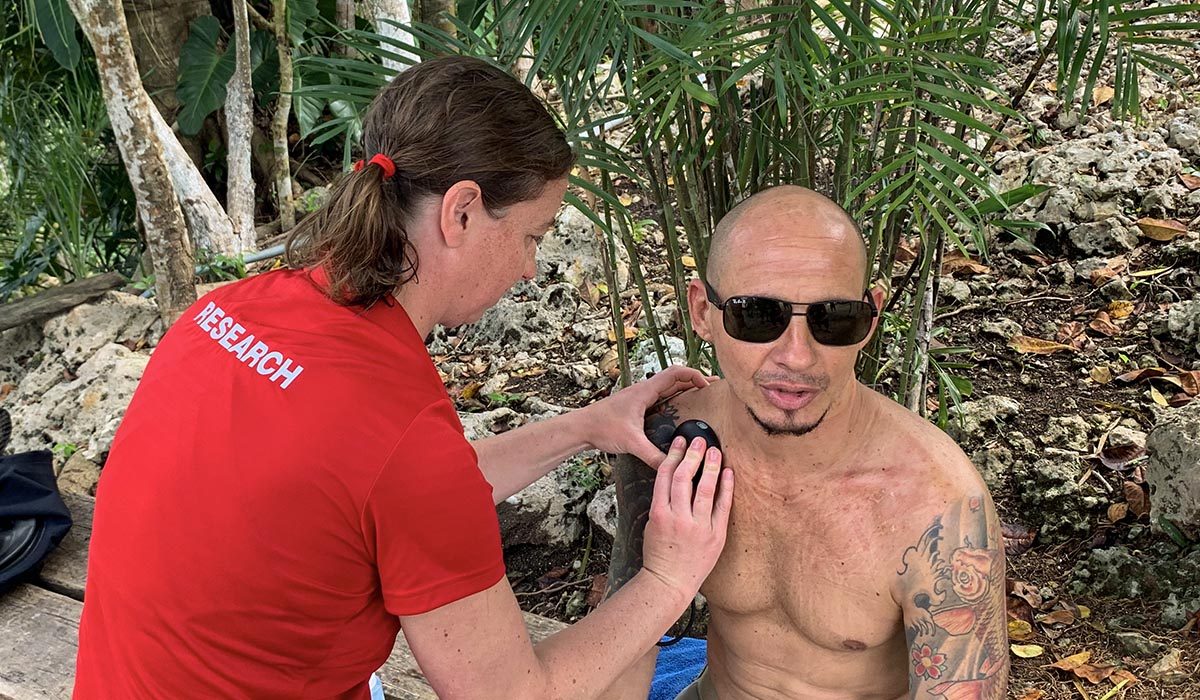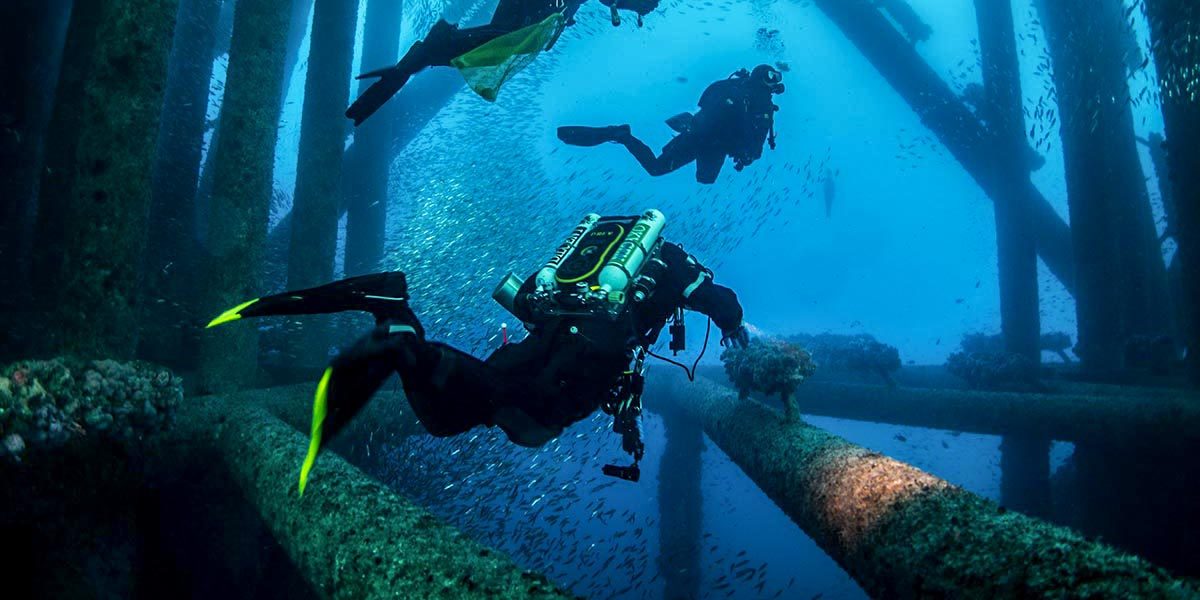Immersion, cold water, hyperoxia, exercise or the work of breathing on a Closed-Circuit Rebreather could challenge the cardiopulmonary system. The purpose of this study was to examine the impact of […]
In some divers, tiny bubbles called Venous Gas Emboli (VGE) present in the blood after a dive. Typically, these bubbles cause no harm and are filtered out by the lungs, […]
DAN researchers asked rebreather divers to share their experiences with caustic cocktail(s) while diving and any first aid treatments used subsequently. Currently, there is not much data about how common […]
Daniel Popa, UCSD, Hamilton Award Recipient 2018 Malfunctions in closed circuit rebreathers (CCRs) can cause hypoxia if oxygen is not added to the breathing loop and the diver remains unaware […]
Historically, DAN advised divers with insulin-dependent diabetes against diving because of the threat of a hypoglycemic episode underwater. However, two studies helped reevaluate the guidelines for recreational diving with diabetes.
A PFO, or a “hole in the heart,” is a known risk factor for DCS. This study sought to determine if closing this hole in a surgical procedure would decrease the risk of DCS and compared these findings to divers that were advised to dive more conservative profiles.
Many of the risks and hazards associated with scuba diving can be effectively mitigated or avoided by taking appropriate predive safety precautions. The purpose of this study was to evaluate the efficacy of predive checklists in reducing the incidence of diving mishaps and injuries.
In 1995, DAN undertook a project to prospectively collect data about how recreational divers dive and how often they get decompression sickness. For the first time, the dive exposures were described in detail thanks to the availability of dive computers with recording capability.
The aim of the study was to establish the effects of scuba diving on microparticles — cellular debris — in the blood and their possible role in the mechanisms of DCS.
Scientific diving is generally held as one of the safest forms of diving. The purpose of this study was to determine the rate of decompression illness associated with scientific diving activity by reviewing official records.



